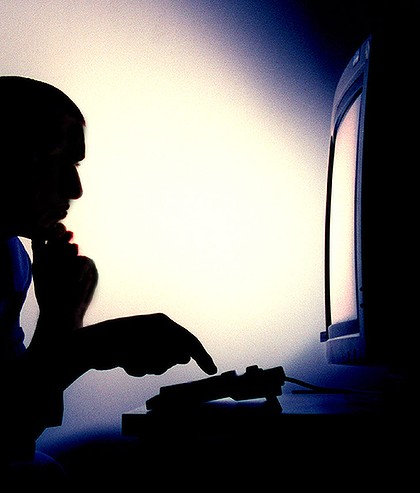Cyberstalking technology

Cyberstalking receives plenty of flak from the media, with people demonizing this practice based on a minority of incidents involving unstable people. But let’s face it, we are all, to some degree or another, cyberstalkers. It’s pretty easy to find information on the Internet regarding almost everything, and people are no exception.
Of course, where does the actual “stalking” come in with this phenomenon? Are you a stalker when you check out someone’s Facebook page to see where they've been recently? Or is it when you look up the name of a girl/guy you like on Google to see what pops up? These things have become so much part of our lives that these questions are important to ask, especially given the fact that the methods that we use to stalk others are growing in power and ease of availability.
All sorts of improvements have been made to the tool kits available to cyberstalkers. The follow page has a list of 54 programs that people offer for free that can assist someone trying to find out more information. And that’s just the free stuff. There are plenty of more expensive bits of software that command a lot more power when it comes to information mining.
The latest development is some software by Raytheon called RIOT. This program tracks social media platforms and makes deductions regarding the habits of the people being monitored. It can keep track of all the places they “check-in” through various sites and can even map out a person’s interaction with others on a social media platform to discover who an individual is talking to the most.
And that’s just one piece of software. So where does the friendly monitoring end and the stalking begin? Is it OK for the government, for example, to track people’s habits so that they can prevent the potential of terrorist activity? Since these programs essentially do nothing that a person couldn't do without a little knowledge and effort, should they or shouldn't they be legal?
As we continue to rely more and more on the Internet, these issues of privacy will be incredibly important, on both a private and federal level. The tools will become more powerful and the government will attempt to control whatever aspect they can in order to maintain their own advantage.
In my opinion, the best thing we can do is raise awareness, by letting people know that they should be more careful about announcing where all their check-ins are or posting information such as where they live. If we’re going to make it easy to examine each other via the lens of the Internet, we should keep ourselves safe from the truly invasive (or crazy) in the process.
Man on Internet photo courtesy smh.com.au

3 comments